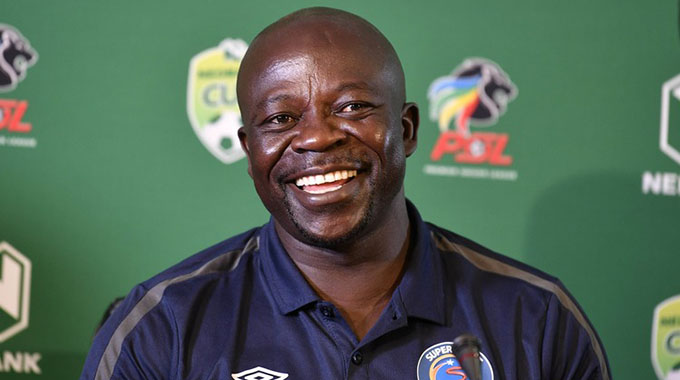Harare residents associations reject proposed 2021 budget
Blessings Chidakwa
Municipal Reporter
Harare residents have rejected the proposed 2021 budget announced by the local authority on Thursday with a steep hike in rates and a further rise in tariffs — labelling it elitist — just two months after another steep hike.
As with the huge jump in tariffs imposed this month, those planned for January were announced in a budget that had zero input from residents and zero consultation.
According to the budget, an average high-density suburban householder will be paying at least $1 736 a month from January 2021 for basic services, while a family in the modest Mabelreign middle-density suburb will be hit by monthly bills of $4 558.
Zimbabwe Combined Residents Association (ZICORA) president Mr McSteven Nyabvure said the decision by Harare City Council to exorbitantly increase the tariffs would likely affect rates payment much to the disadvantage of both parties, the residents and city fathers.
“City of Harare is grossly out of sync with the reality which indicates that the residents of Harare are currently over burdened with issues that require funds, school fees, transport fees, basic food, clothing, energy bills,” he said.
“We strongly feel that Harare City Council is running the show for itself, not on our behalf as residents, since they have not been consulting the residents regarding the recent tariff hikes.”
Harare Residents Trust director Mr Precious Shumba said the rates increases were wild, unscientific and lacked sincerity.
“Their desperation for revenues is unmatched by their level of service provision. They do not have a proper billing system,” he said.
“The proposed rates discount the socio-economic conditions of ratepayers. Most citizens are unemployed, and the Covid-19 outbreak makes their situation worse.”
Zimbabwe National Organisation of Associations and Residents Trust head Mr Shepherd Chikomba said the council should provide service delivery first before making “exorbitant inhuman increases”.
“As residents, we are tired of these hikes, yet service delivery is not changing. We are getting water twice a week. Why can’t they hike the rate at which residents can get running tap water they need to justify these figures? The percentage increase is just out of this world.
“We need quality service delivery assurance. We wonder if the council is going to deliver or they will come up with other excuses after these recent hikes. City of Harare has failed and it is there for all to see,” he said.
Combined Harare Residents Association (CHRA) programmes manager Mr Reuben Akili said the budget was unacceptable and any policy-maker with reasoning capacity would not agree to such.
“They need to address the fundamentals that are discouraging residents to pay their bills. Currently they have a non-functional billing system and their books where last audited in 2017,” he said.
Under the budget proposals, high-density suburban residents will be charged $575 for the first five cubic metres of water a month, $565 a month for a once-a-week bin collection, a sewer charge of $250 for each toilet and a minimum property tax of $345.
The Mabelreign family will pay the low-density tariffs of $765 for five cubic metres of water, $803 for a weekly bin collection, and $410 for each toilet.
The property tax on a Mabelreign house will be around $2 580 a month, although this will be higher in most low-density suburbs with their larger houses and plots.
The business community has not been spared in the steep hike of fees, with the collection of bins in commercial and industrial areas depending on the frequency per week, daily collection will be $2 125, and three-times a week will be $1 782. The cost of hiring an ambulance will rise to $820, but clinic fees remain the same having been shoved up the equivalent of US$5 a visit already.
Council wants to push up its rentals. In Glen Norah, semi-detached houses will be rented for $2 800 a month, terraced houses in Dzivaresekwa for $3 200 and four-roomed houses in Kuwadzana for $8 400.






Comments